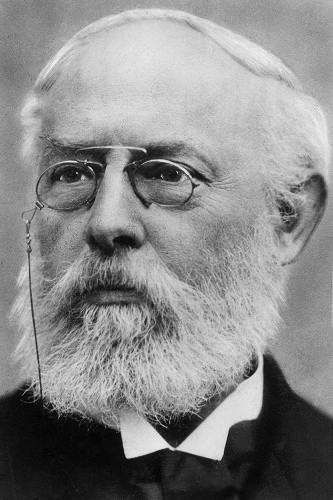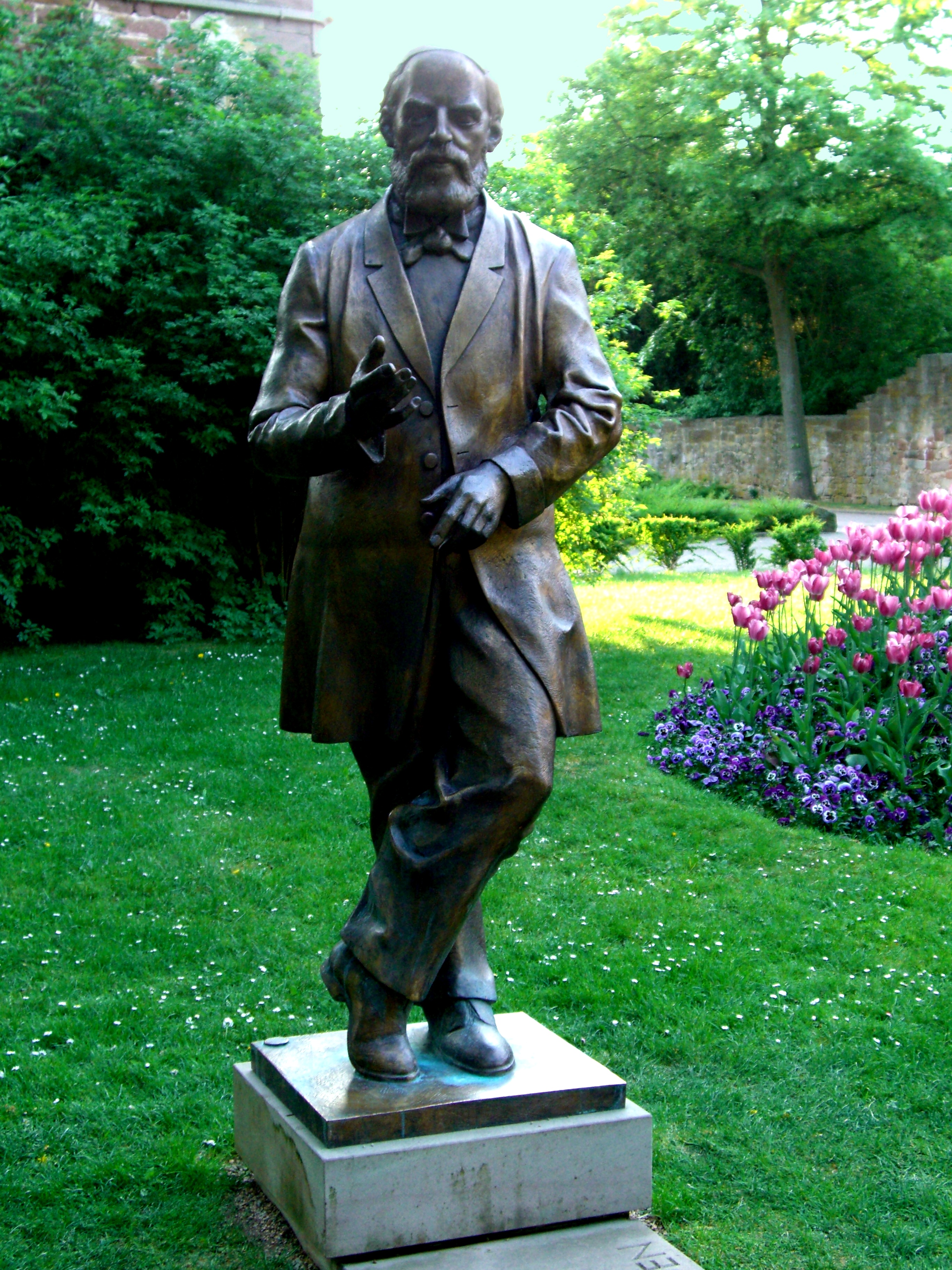Konrad Duden on:
[Wikipedia]
[Google]
[Amazon]

 Konrad Alexander Friedrich Duden (3 January 1829 – 1 August 1911) was a Gymnasium (high school) teacher who became a
Konrad Alexander Friedrich Duden (3 January 1829 – 1 August 1911) was a Gymnasium (high school) teacher who became a

philologist
Philology () is the study of language in oral and written historical sources; it is the intersection of textual criticism, literary criticism, history, and linguistics (with especially strong ties to etymology). Philology is also defined as th ...
. He founded the well-known German language
German ( ) is a West Germanic language mainly spoken in Central Europe. It is the most widely spoken and official or co-official language in Germany, Austria, Switzerland, Liechtenstein, and the Italian province of South Tyrol. It is als ...
dictionary bearing his name Duden
The Duden () is a dictionary of the Standard High German language, first published by Konrad Duden in 1880, and later by Bibliographisches Institut GmbH. The Duden is updated regularly with new editions appearing every four or five years. , ...
.
Life
Duden was born in Lackhausen,Rhineland
The Rhineland (german: Rheinland; french: Rhénanie; nl, Rijnland; ksh, Rhingland; Latinised name: ''Rhenania'') is a loosely defined area of Western Germany along the Rhine, chiefly its middle section.
Term
Historically, the Rhinelands ...
. After receiving his Abitur in 1846 in Wesel
Wesel () is a city in North Rhine-Westphalia, Germany. It is the capital of the Wesel district.
Geography
Wesel is situated at the confluence of the Lippe River and the Rhine.
Division of the city
Suburbs of Wesel include Lackhausen, Obrighove ...
, Duden studied history, Germanistics
The asterisk ( ), from Late Latin , from Ancient Greek , ''asteriskos'', "little star", is a typographical symbol. It is so called because it resembles a conventional image of a heraldic star.
Computer scientists and mathematicians often voc ...
, and classical philology at Bonn
The federal city of Bonn ( lat, Bonna) is a city on the banks of the Rhine in the German state of North Rhine-Westphalia, with a population of over 300,000. About south-southeast of Cologne, Bonn is in the southernmost part of the Rhine-Ru ...
. There he joined the ''Wingolfsbund'' student organization and took part in the political activities of the student societies during the revolutionary year 1848.
He broke off his training phase in Soest and took a position as a home tutor in Genoa
Genoa ( ; it, Genova ; lij, Zêna ). is the capital of the Italian region of Liguria and the sixth-largest city in Italy. In 2015, 594,733 people lived within the city's administrative limits. As of the 2011 Italian census, the Province of ...
, Italy
Italy ( it, Italia ), officially the Italian Republic, ) or the Republic of Italy, is a country in Southern Europe. It is located in the middle of the Mediterranean Sea, and its territory largely coincides with the homonymous geographical ...
. There he met the daughter of the German Consul, Adeline Jakob, whom he married in 1861 and with whom he had six children.
In 1859 he returned to Germany and worked as a teacher and rose to the position of Director of the ''Archigymnasium'' in Soest. In 1869 he was appointed "Gymnasium" (High-School) director in Schleiz
Schleiz is a town in the district of Saale-Orla-Kreis in Thuringia, Germany. The former municipality Crispendorf was merged into Schleiz in January 2019, and Burgk in December 2019.
Location
Schleiz is in the Thuringian Vogtland area, an ar ...
and in 1876 became director of the Royal Gymnasium in Hersfeld. It was here he published his most important work, the "Complete Orthographic Dictionary of the German Language" (''Vollständiges Orthographisches Wörterbuch der deutschen Sprache'').
In 1905, he retired to Wiesbaden
Wiesbaden () is a city in central western Germany and the capital of the state of Hesse. , it had 290,955 inhabitants, plus approximately 21,000 United States citizens (mostly associated with the United States Army). The Wiesbaden urban area ...
/Sonnenberg. He died in 1911 in Sonnenberg and was buried in the family grave in Bad Hersfeld.
Significance
During his entire life he strove toward the unification and simplification of the Germanorthography
An orthography is a set of conventions for writing a language, including norms of spelling, hyphenation, capitalization, word breaks, emphasis, and punctuation.
Most transnational languages in the modern period have a writing system, and ...
. His 1880 dictionary represents the start of the Duden series and included 28,000 words on 187 pages. In 1902, the German parliamentary upper house ("Bundesrat") made his rules for orthography mandatory in official state documents. Austria-Hungary
Austria-Hungary, often referred to as the Austro-Hungarian Empire,, the Dual Monarchy, or Austria, was a constitutional monarchy and great power in Central Europe between 1867 and 1918. It was formed with the Austro-Hungarian Compromise of ...
and Switzerland followed. One hundred years after his death, the Duden
The Duden () is a dictionary of the Standard High German language, first published by Konrad Duden in 1880, and later by Bibliographisches Institut GmbH. The Duden is updated regularly with new editions appearing every four or five years. , ...
dictionary remains the authoritative source for German orthography.
Works
* ''Anleitung zur Rechtschreibung'', 18?? (Second Edition, 1878) * ''Die deutsche Rechtschreibung. Abhandlung, Regeln und Wörterverzeichnis'', Leipzig 1872 (so-called Schleizer Duden) * ''Vollständiges Orthographisches Wörterbuch der deutschen Sprache'', 1880 * ''Etymologie der neuhochdeutschen Sprache'', 1893References
* Wolfgang Ullrich Wurzel, ''Konrad Duden. Leben und Werk''. 1998.External links
* {{DEFAULTSORT:Duden, Konrad 1829 births 1911 deaths German philologists German lexicographers University of Bonn alumni People from the Rhine Province German male non-fiction writers People from Wesel